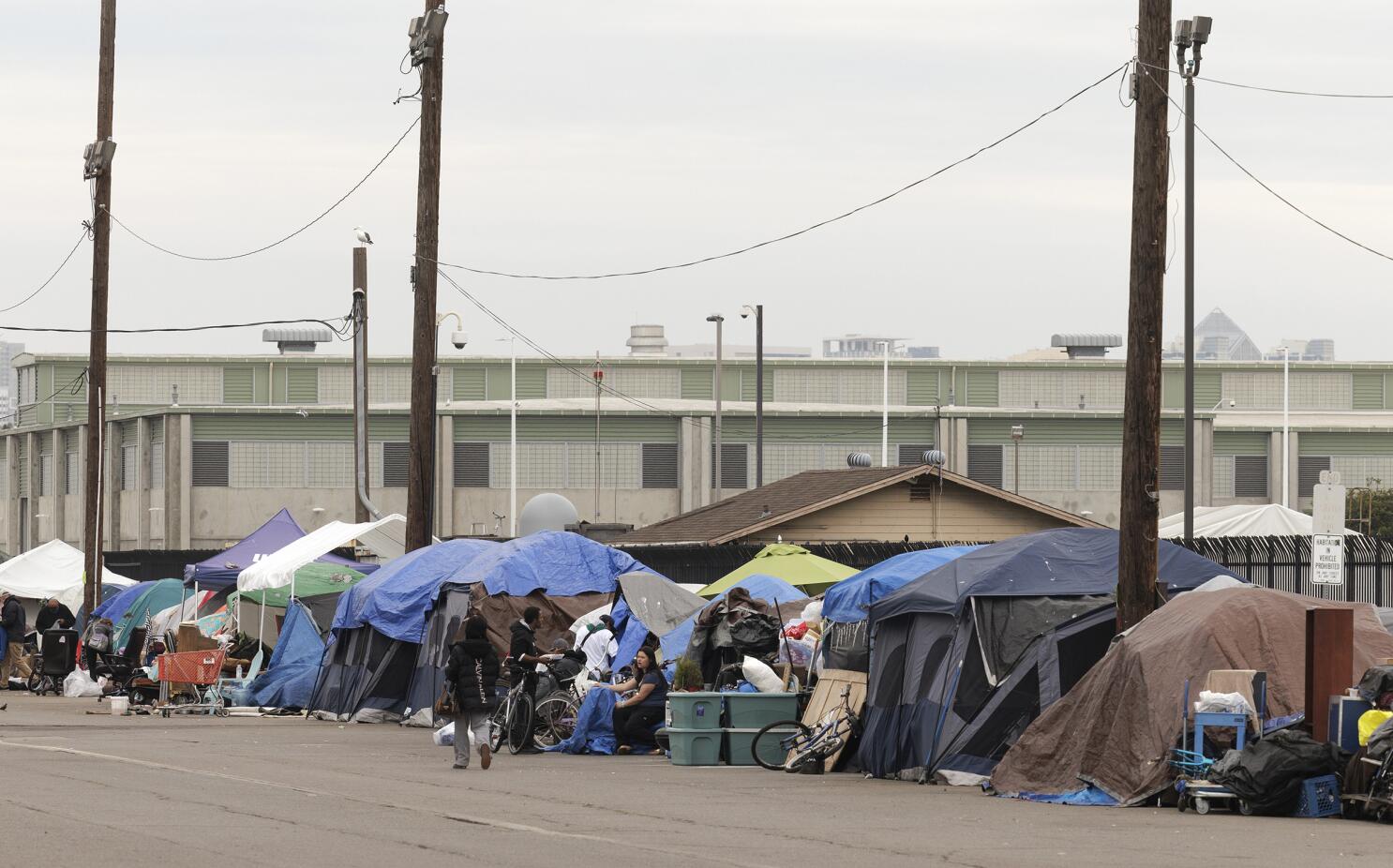
The Role of the Supreme Court
The Supreme Court is stepping into the tangled issue of the constitutionality of these camp-ban law. The laws raise an important issue: Will prohibiting tents on sidewalks really benefit homeless people, or do they just make them more invisible?
In the case of those who are homeless Finding shelter may be like a daunting task as difficult as scaling Mount Everest. The emergency shelters tend to be packed, and even inexpensive housing options are often impossible to find. Many find that a tent is an essential refuge, a location from which they can recover and get back to their strength before the next step.
Consequences of Anti-Camping Laws
Imagine the people being forcefully exiled from their temporary shelters. Where are they going? In most cases, they’re pushed deep into the forest, or beneath bridges farther away from assistance and resources. help. It’s like saying to anyone, “You’re homeless, but keep it out of sight.” This method has ethical implications for how we treat those who are most vulnerable in our society.
The Supreme Court’s discussions go beyond the inconveniences of bans on tents. The Court is examining whether these rules actually tackle the issue of homelessness, or simply cover the issue. The ban on camping could serve an interim solution like putting an Band-Aid for a serious injury However, it does not tackle the root issues. The result isn’t an boost in people seeking housing, in fact, it can make life difficult for those who live on streets.
Targeting the Vulnerable
Some critics argue that the laws are disproportionately affecting people who have no protection like children with shoes that are worn out on the playground. Even if someone isn’t able to have a place of residence for a long time doesn’t mean they have to forfeit the rights of a human being such as the right to have a secure location to sleep.
What’s Next for the Supreme Court?
When the Supreme Court weighs its options but the future is still unclear. Are they going to support absolute bans on camping or do they realize that such restrictions only hide the issues of homeless living?
The discussion here isn’t just on legality. It’s an opportunity to look beyond the blankets and tents and see the people who are in the scenes. This discussion challenges us to think about the kind of community we strive to become, whether it is one that eschews those who are marginalized, or one that offers support to those who are less fortunate.
A Place to Call Home
In the end, everybody deserves the opportunity to have a home, regardless of whether that’s an extravagant apartment or a basic tent set up in the park. The discussion around homelessness is crucial, since it determines our values as a society, and shapes our responses to those who are in dire need. When we tackle this complicated problem, we might be more compassionate in our approach, one that recognizes the worthiness of every person and seeks solutions to help those who are homeless.